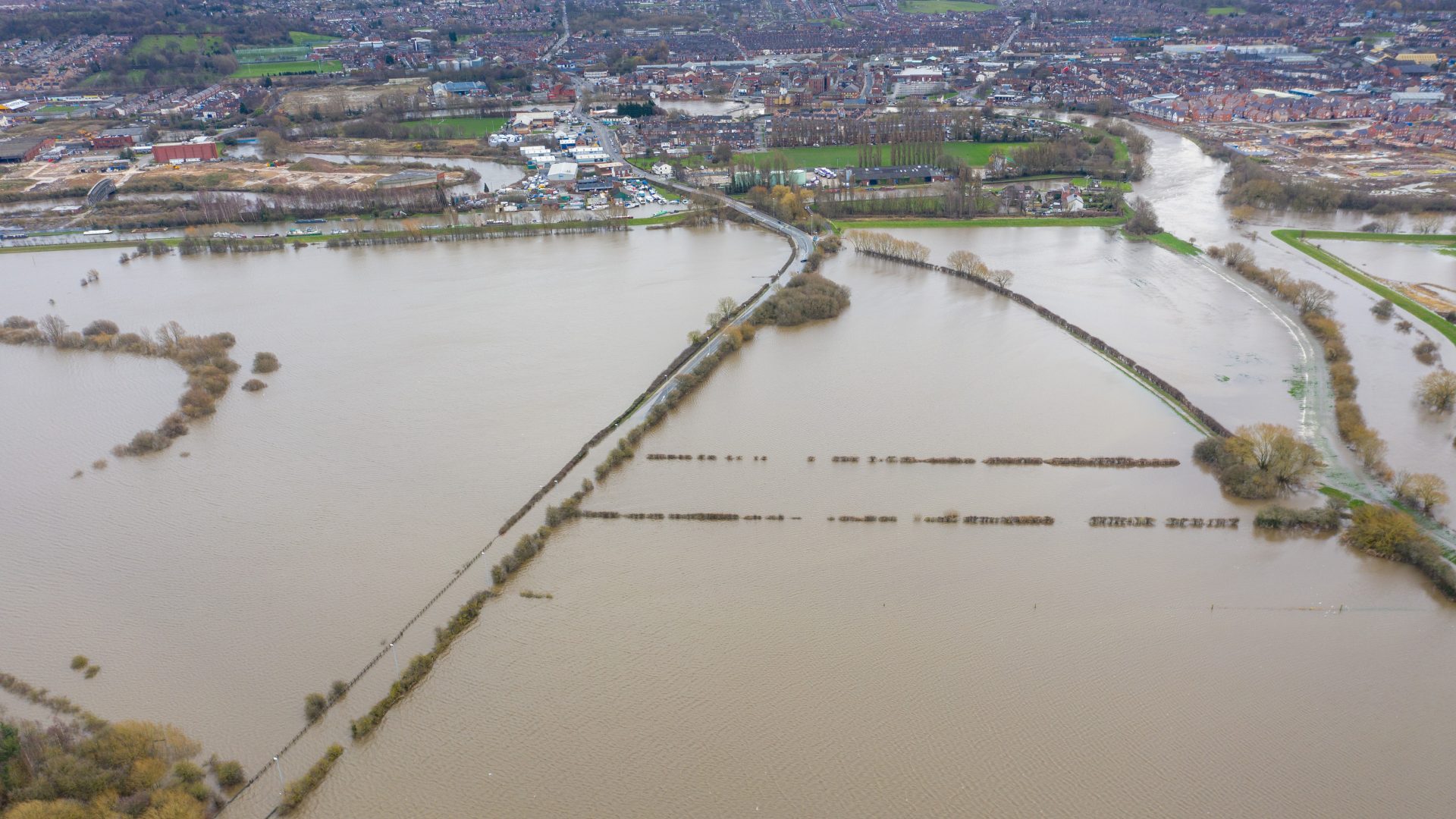Most people in Northern and Western Europe do not have confidence in their national government to deal with a disaster, according to a new report from a global safety charity.
Data published in a new Lloyd’s Register Foundation report – Focus On: Critical infrastructure resilience and perceptions of disaster preparedness – shows that the region has one of the largest percentage point gaps in favour of local government being perceived as more prepared than national (3 percentage points) – a stark contrast with the rest of the world.
The data comes from the Lloyd’s Register Foundation World Risk Poll, powered by Gallup, which features responses from 125,000 individuals in 121 countries. Globally, when asked if they feel their national or local government is well prepared to deal with a disaster, most respondents favour their national by 40% to 37% – a 3 percentage point difference on average.
The report also analyses the responses from people who have both experienced a disaster and lost access to one of five key critical infrastructure services (electricity, clean water, food, medicine or medicinal care, and telephone) when asked how prepared they felt their national and local government were. Again, globally, respondents showed higher levels of trust in their national government (a 5 percentage point difference).
However, in Northern and Western Europe, the gap in confidence goes even further against the trend when speaking with people who have experienced a disaster and lost access to critical infrastructure, from 3 to 12 percentage points in favour of local government – the largest globally. The report suggests respondents may perceive a relative weakness in their national government preparedness, or that the findings could also be the result of governments’ decentralisation policies.
Jan Przydatek, Director of Technologies at Lloyd’s Register Foundation explained:
“There are several possible reasons why countries in Northern and Western Europe defy the trend when it comes to placing greater confidence in their local governments’ disaster preparedness than that of national government, particularly among those who have lost access to critical infrastructure.
“It could lie with the structure of government itself, with more responsibility being devolved to local governments to maintain these services. Cultural norms may also come into play with some areas expecting their local government to be more attuned to residents’ needs.”
Savina Carluccio, Executive Director at International Coalition for Sustainable Infrastructure commented:
“Results from this recent analysis of the World Risk Poll data shine a light on the need for national, regional, and local governments to work together to tackle resilience challenges. Due to their multifaceted and complex nature, disaster risk reduction and resilience implementation requires multilevel governance structures and buy-in from all levels. Establishing multi-functional departments with the remit to centrally coordinate resilience interventions would be one way to encourage this type of horizontal collaboration.
“Policymakers should adopt multi-disciplinary advisory panels for disaster risk reduction and resilience. The inclusion of multidisciplinary technical advisors would increase the influence of technically driven disaster risk reduction and resilience measures in policy, as well as help restore confidence from the public. This would show that what is being implemented is grounded in evidence and practice, will deliver safe, future-proof, resilient infrastructure that is fit for both people and the planet.”
In 2022, the UK Government published its Resilience Framework, under which local leaders are empowered to strengthen Local Resilience Forums and work to prevent disasters ‘rather than cure wherever possible’. Its three pillars – leadership, accountability, and integration – aim to give elected leaders an enhanced role in the space. With a reformed plan by 2030, pilot trials have already begun.
In Germany, which has a federal government, leaders have adopted the German Strategy to Strengthen Resilience to Disasters. Following the impact of the Covid-19 pandemic, catastrophic flooding in Rhineland-Palatinate and North Rhine-Westphalia which killed over 180 people, and the Russian invasion of Ukraine, the programme aims to create a ‘fresh start in the area of civil protection’. It aims to ensure local communities and key areas such as utility services and resources are resilient if a disaster occurs.
Jan added: “While our data shows that the public have greater confidence in local government disaster preparedness, confidence in bother layers of government is relatively low in Northern and Western Europe compared to many other global regions. Enhanced collaboration between levels of government and private sector actors can help improve the resilience of key infrastructure in the face of disasters, which may in turn improve public confidence.”
For more information, see the full report: Focus On: Critical infrastructure resilience and perceptions of disaster preparedness.



